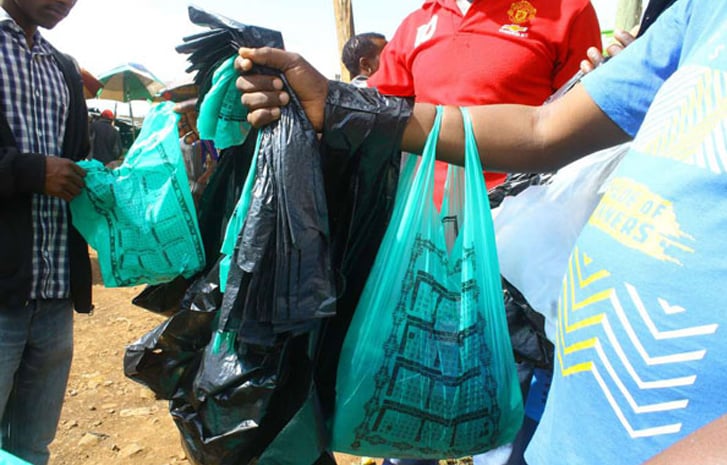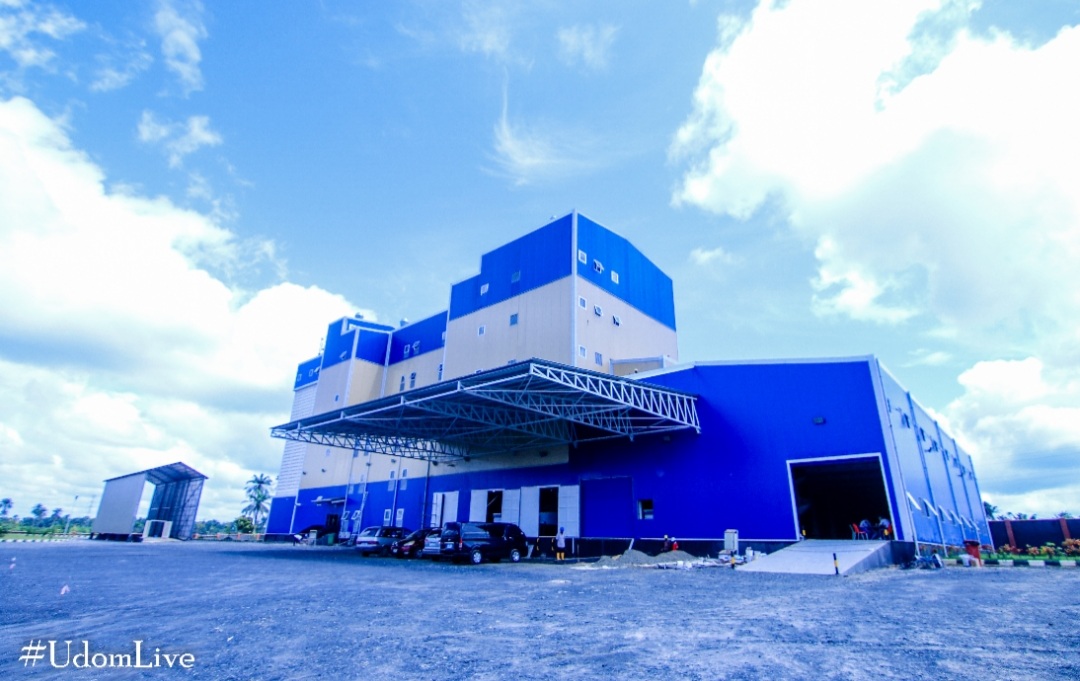BY ALHASSAN A. BALA
Many think Nigeria would have by now joined the league of countries that have banned the use of plastic bags (polythene) which is popularly known as nylons, but the issue has continued to be treated with levity especially by the authorities.
In a move, however, to bring the issue back into the fore, members of the Federal House of Representatives, on 22nd May, 2019 passed the Plastic Bags (Prohibition) Bill, 2018, which sought to address the environmental menace of plastic pollution, relieve pressure on landfills and protect the environment.
The bill enacted by the National Assembly required retailers to offer a paper bag to the customer at a point of sale, rather than polythene; a retailer who fails in this regard is guilty of an offence.
Advertisement
The bill read in part, “to among other things, prohibit the use, manufacture and importation of all plastic bags used for commercial and household packaging in order to address its harmful impacts to Oceans, Rivers, Lakes, Forests, Environment, Wildlife as well as human beings and also to relieve the pressure on landfills and waste management.”
The bill provides further clarification that; A retailer who provides customer with the plastic bag at a point of sale is guilty of an offence. A person who manufactures plastic bag for purpose of selling is guilty of an offence. A person who imports plastic bag whether as a carryout bag or for sale is guilty of an offence.
The bill proposed a penalty of a fine of not more than N500,000 (five hundred thousand naira) or a prison term not exceeding three years, or both – for individual offenders. As provided in clause 1 of the bill, any company convicted of an offence under the act shall be liable to a fine of not more than N5,000,000 (five million naira).
Advertisement
Many environmental scientists, Botanists, and other stakeholders have expressed their happiness and excitement for the bill that laid bare the menace posed by the polyethene and the attendant consequences of their continued usage in the country.
Their elation stemmed from the obvious effect on how the plastic bag is polluting the environment and threatening the lives of many plants, animals and even humans by extension.
Over 45 countries all over the world have already signed and agreed on the ban on usage of plastic bag with varying degrees of punishments on anyone found violating it.
The African continent is currently the global leader in plastic bag regulations with 34 countries that have adopted nationwide taxes or bans on single-use plastic bags.
Advertisement
According to the United Nations Environment Programme (UNEP), 80% of litters, are plastics, and they may constitute more of foreign materials in the sea than marine mammals by year 2050, and this would eventually lead to the destruction of sea life, and adversely alter the ecosystem and human race.
It is therefore instructive that environmentalists believe that plastic bags that are used daily can take between 10 to a thousand years to decompose, while plastic bottles can take 450 years or more. Sadly, despite the hazards the plastic bags pose for the future of Nigeria, there has been little or no workable effort to put the provisions of the bill into use. This naivety has always plunged the country backward that will make it inevitable to do a catch-up.
Research by some environmentalists shows over 60 million plastic sachet water bags are consumed and disposed daily in Nigeria, even as the single-use plastic shopping bags and takeaway packs are widespread.
These plastic sachets, single-carrier bags, and other disposable plastic products end up on the land and in the marine environment because of indiscriminate disposal and the popular social practice of dumping waste on the roadside, under bridges, and in drainage channels (gutters) during periods of rainfall. No wonder flooding is becoming serious in recent years since human factors like this is increasing by the day.
Advertisement
Therefore, some litter the streets, while others ended up in the marine ecosystem. Nigeria is widely reported to have released up to 0.34 million tonnes of plastic debris into the ocean in 2010 and was ranked the ninth country in the world for pollution of marine environments.
It therefore no surprising that when an environmentally-friendly individual visits a city like Kano and Lagos, you have no option than to think of how serious the issue is, hence the need for serious effort by the relevant stakeholders to not only save the ecosystem but human health and livelihood. And the authorities have all but continued to chase shadows in their effort to arrest the problem.
Advertisement
With the foregoing, I want to appeal to the federal ministry of environment and other relevant environment agencies like NESREA, among others, to wake up and ensure that the right things are done to protect the environment for the future generations.
Alhassan A. Bala is an Abuja-based broadcast journalist. He can be reached on [email protected]
Advertisement
Views expressed by contributors are strictly personal and not of TheCable.
Add a comment






